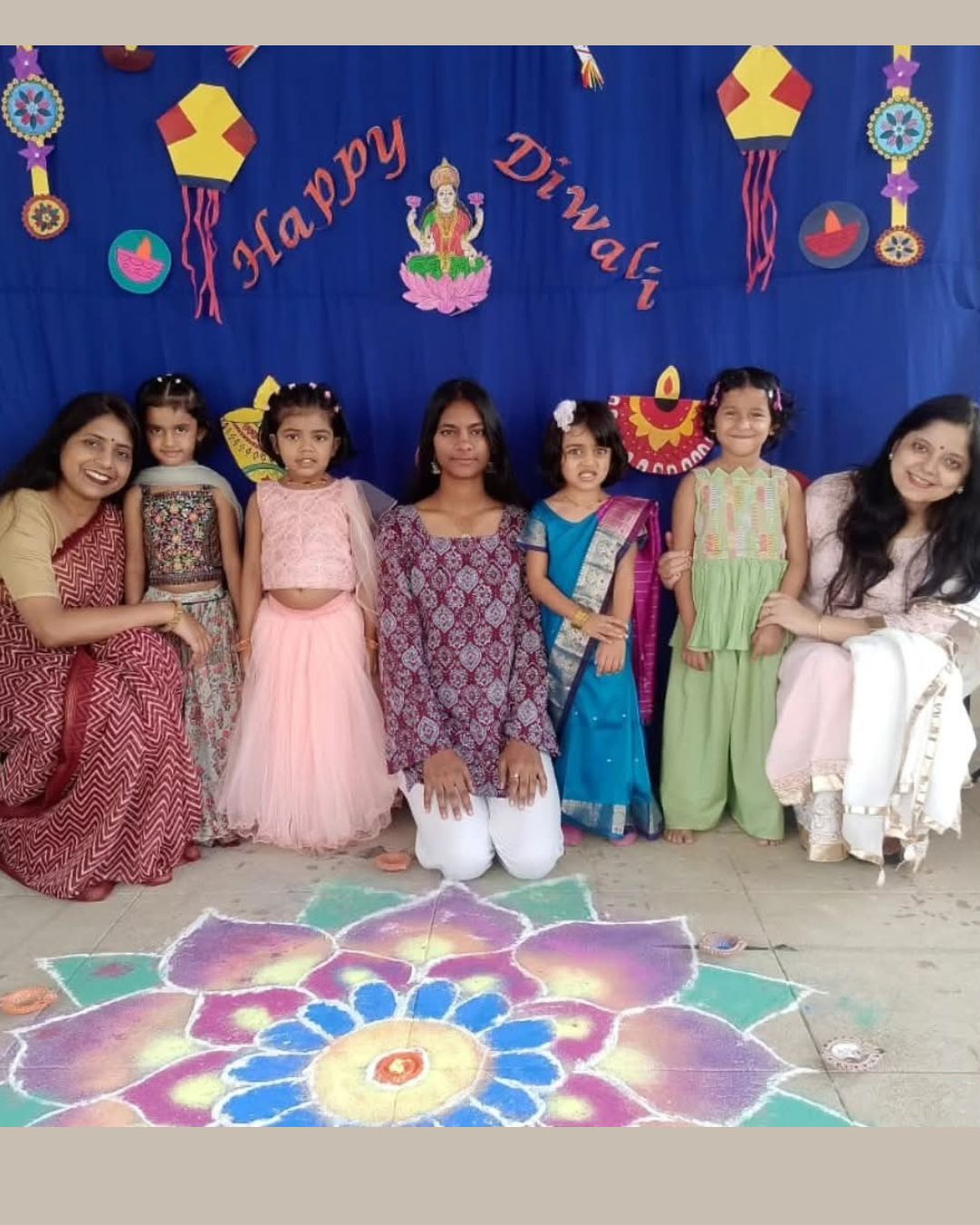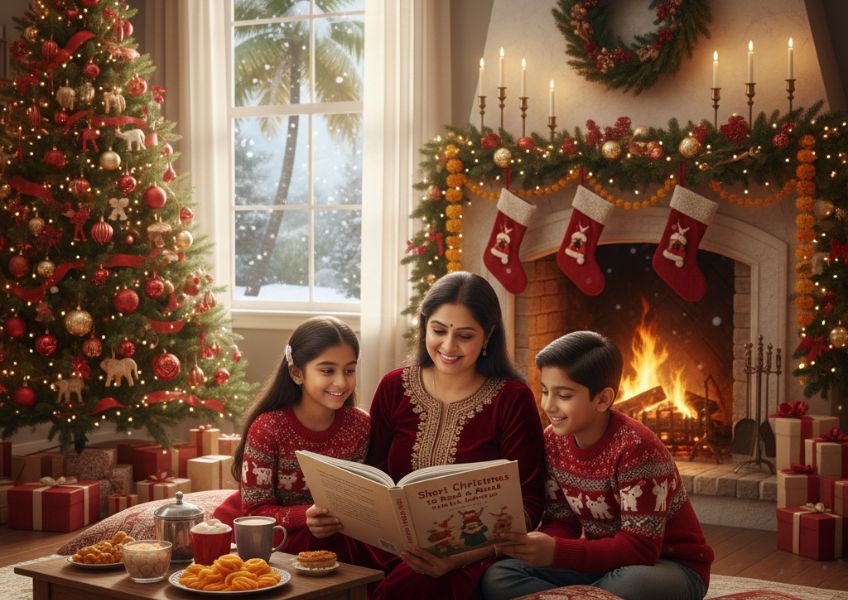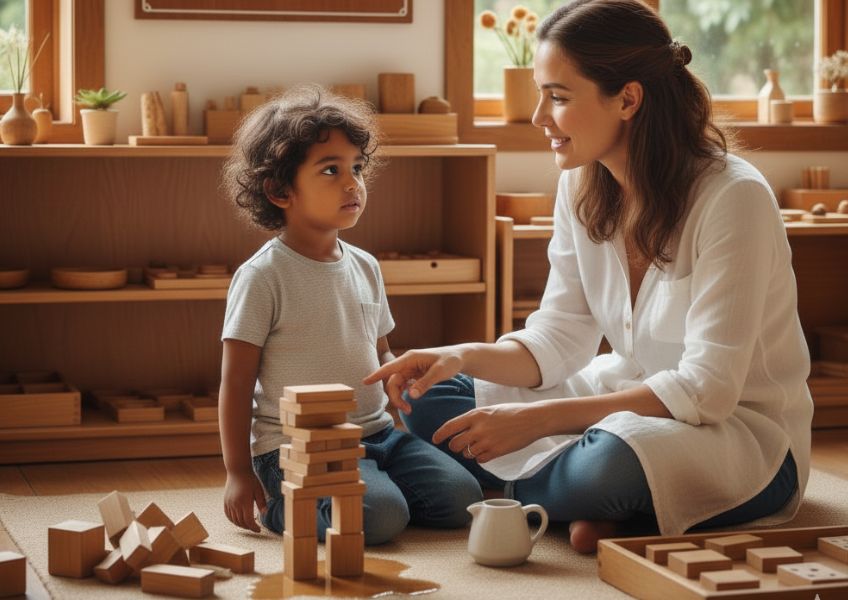Festivals are a vibrant part of life, bringing families and communities together to celebrate traditions, stories, and values. For children, especially in their early years, festivals are more than just colorful decorations and tasty treats they are a gateway to learning, creativity, and cultural awareness. By engaging with festivals, kids not only have fun but also develop essential social, emotional, and cognitive skills that lay the foundation for lifelong learning.
1. Cultural Awareness and Diversity
Celebrating festivals exposes children to a wide range of cultures, beliefs, and traditions. Whether it’s Diwali, Christmas, Eid, or local cultural fairs, each festival carries stories, customs, and practices unique to its origin. Introducing kids to these experiences at a preschool level helps them understand diversity, respect differences, and develop empathy. Learning about festivals from different parts of the world also sparks curiosity and encourages them to ask questions, expanding their knowledge about global traditions.
2. Social and Emotional Development
Festivals are inherently social. Children participate in group activities such as decorating classrooms, singing festival songs, or performing short plays. These experiences teach children important social skills such as sharing, teamwork, patience, and cooperation. Celebrating together also provides opportunities for emotional growth. By expressing joy, excitement, or even gratitude during festivals, children learn to recognize and communicate their feelings, fostering emotional intelligence from an early age.
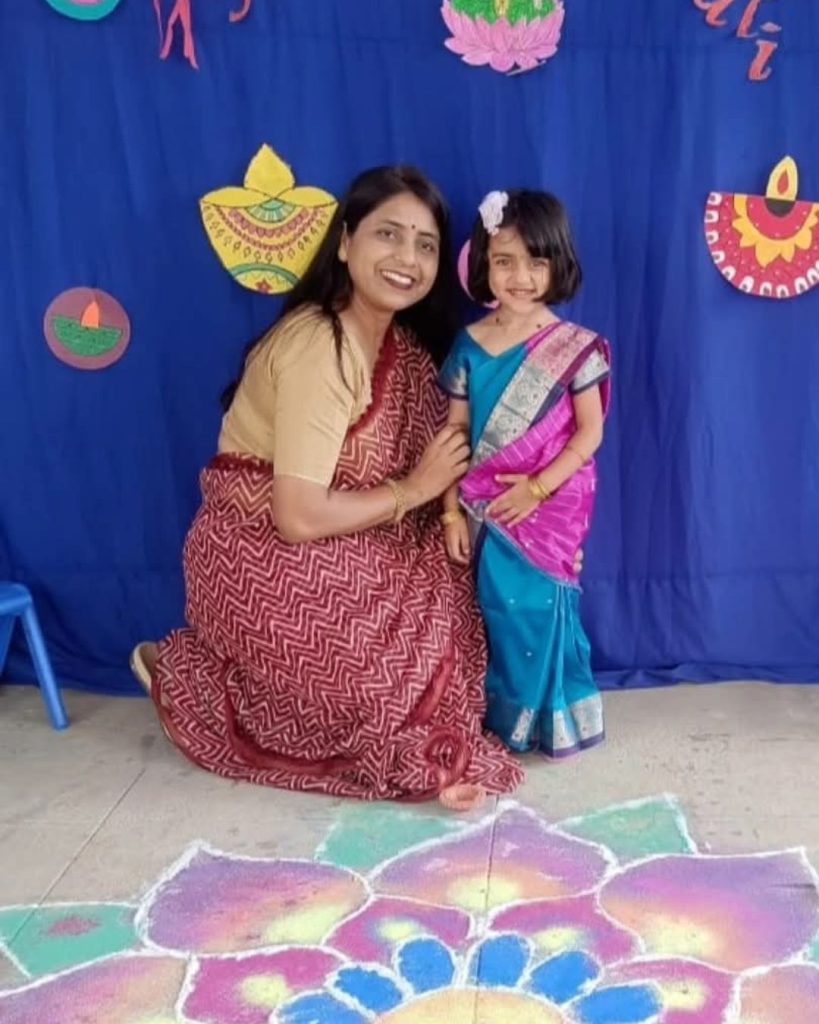
3. Creativity and Learning Through Play
One of the most enjoyable aspects of festivals for kids is the hands-on activities. Making lanterns for Diwali, crafting Easter eggs, or creating Christmas ornaments stimulates their imagination and creativity. These activities also enhance fine motor skills as children cut, paste, and color. Teachers can integrate learning opportunities into festival activities, helping children understand shapes, colors, numbers, and even simple storytelling. Through playful learning, festivals transform into an educational experience that engages both mind and senses.
4. Family Bonding and Community Engagement
Festivals naturally involve family and community participation. For preschoolers, this connection is particularly valuable. Parents and caregivers often join school celebrations, participate in performances, or help with crafting activities. This interaction strengthens family bonds and teaches children the importance of community and collaboration. When kids see adults celebrating and enjoying traditions alongside them, it reinforces a sense of belonging and continuity of cultural heritage.
5. Instilling Values and Life Lessons
Many festivals carry underlying messages of gratitude, kindness, generosity, and togetherness. For example, giving gifts during Christmas, sharing sweets during Diwali, or participating in charity drives teaches children moral and social values in a memorable way. These lessons are absorbed naturally as children enjoy the festivities, making values-based learning an organic part of their early education.
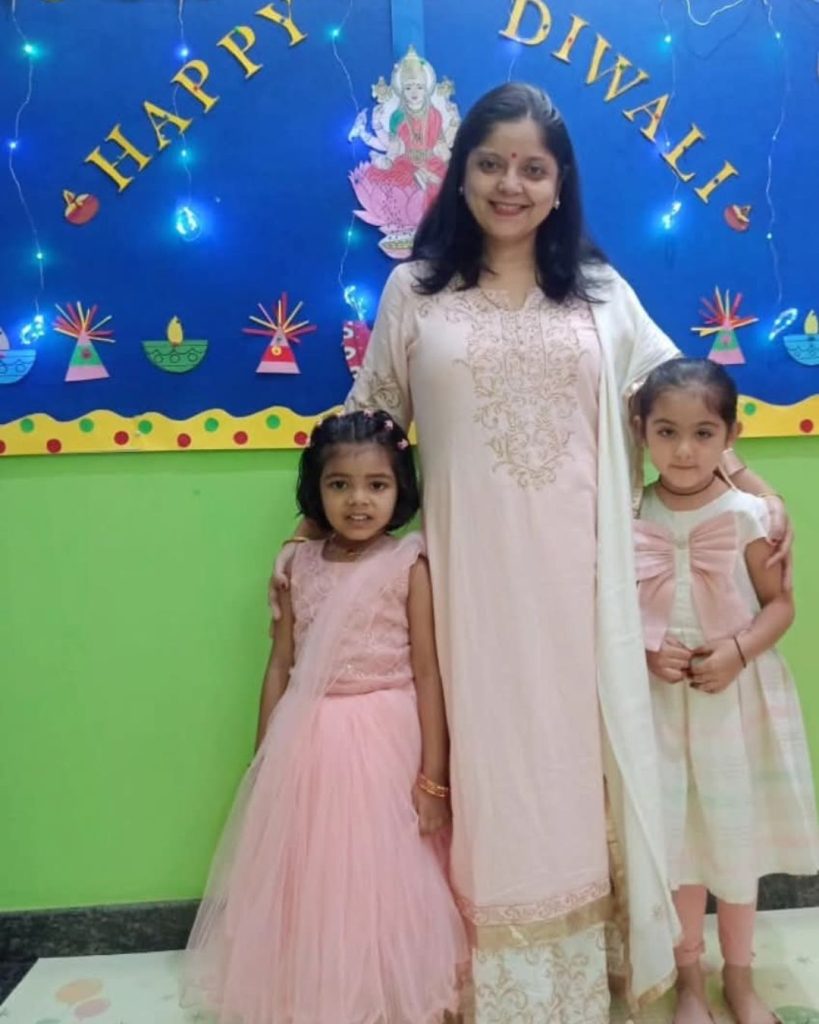
Conclusion
Celebrating festivals in preschool is not just about fun and games; it is a holistic approach to teaching culture, joy, and essential life skills. Through festivals, children learn about diversity, creativity, social collaboration, and values, all while experiencing the excitement and happiness that make childhood memorable.
For parents seeking a nurturing environment where children can learn, play, and celebrate festivals meaningfully, Daisy Montessori School in Bangalore stands out as one of the best preschools. With a strong emphasis on cultural awareness, creativity, and holistic development, Daisy Montessori ensures that every festival becomes an opportunity for learning, joy, and lasting memories.
